Filter by
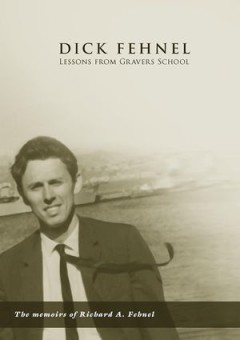
Dick Fehnel : Lessons from Graver’s School
Dick Fehnel worked as higher education consultant for World Bank, Ford Foundation and the Human Sciences Research Council. He held the positions of acting representative (1998–1999) and programme officer (1993–2000) for the Ford Foundation, Southern Africa, after which he semi-retired to Portland Oregon, and continued to travel and consult until his death in May 2006.
- Edition
- -
- ISBN/ISSN
- 978-1-920051-92-1
- Collation
- -
- Series Title
- -
- Call Number
- 923.7 FEH d
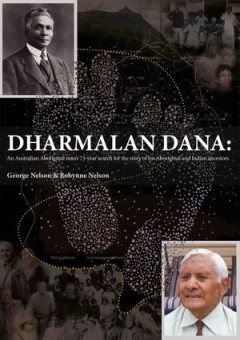
Dharmalan Dana : An Australian Aboriginal man’s 73-year search for the stor…
A Yorta Yorta man’s seventy-three-year search for the story of his Aboriginal and Indian ancestors including his Indian Grampa who, as a real mystery man, came to Yorta Yorta country in Australia, from Mauritius, in 1881 and went on to leave an incredible legacy for Aboriginal Australia. This story is written through George Nelson’s eyes, life and experiences, from the time of his earliest …
- Edition
- -
- ISBN/ISSN
- 9781925021509
- Collation
- -
- Series Title
- -
- Call Number
- 994.004 991 5 NEL d
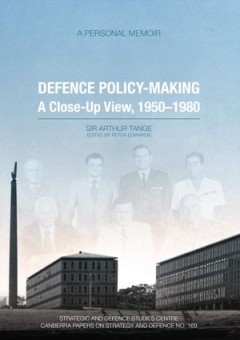
Defence Policy-Making : A Close-Up View, 1950-1980
Sir Arthur Tange was perhaps the most powerful Secretary of the Australian Defence Department and one of the most powerful of the great ‘mandarins’ who dominated the Commonwealth Public Service between the 1940s and the 1970s. His strong, and often decisive, influence on both administration and policy was exerted by virtue of his intellectual capacity, his administrative ability and the she…
- Edition
- -
- ISBN/ISSN
- 9781921313868
- Collation
- -
- Series Title
- Canberra papers on strategy and defence ; 169
- Call Number
- 355.609 2 TAN d
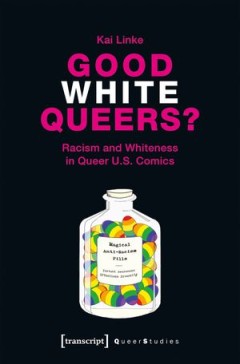
Good White Queers?: Racism and Whiteness in Queer U.S. Comics
How do white queer people portray our own whiteness? Can we, in the stories we tell about ourselves, face the uncomfortable fact that, while queer, we might still be racist? If we cannot, what does that say about us as potential allies in intersectional struggles? A careful analysis of Dykes To Watch Out For and Stuck Rubber Baby by queer comic icons Alison Bechdel and Howard Cruse traces the i…
- Edition
- -
- ISBN/ISSN
- 9783839449172
- Collation
- -
- Series Title
- -
- Call Number
- 300
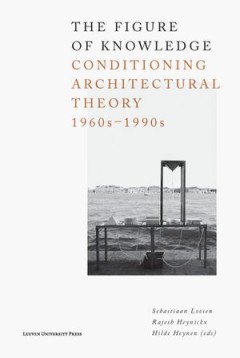
The Figure of Knowledge" Conditioning Architectural Theory, 1960s - 1990s
Critical historiography of architectural theory It is a major challenge to write the history of post-WWII architectural theory without boiling it down to a few defining paradigms. An impressive anthologising effort during the 1990s charted architectural theory mostly via the various theoretical frameworks employed, such as critical theory, critical regionalism, deconstructivism, and pragmati…
- Edition
- -
- ISBN/ISSN
- 9789461663221
- Collation
- -
- Series Title
- -
- Call Number
- -
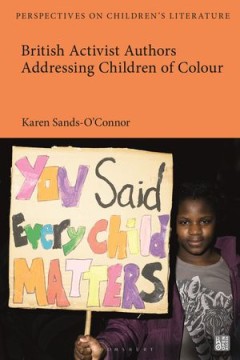
Brokers of Modernity
The story of modernist architects in East Central Europe. The first half of the twentieth century witnessed the rise of modernist architects. Brokers of Modernity reveals how East Central Europe turned into one of the pre-eminent testing grounds of the new belief system of modernism. By combining the internationalism of the CIAM organization and the modernising aspirations of the new states bui…
- Edition
- -
- ISBN/ISSN
- 9789461662545
- Collation
- -
- Series Title
- -
- Call Number
- 720
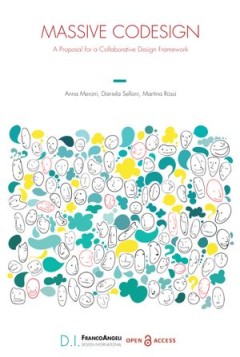
Massive Codesign
"This book focuses on ""massive codesign"": the idea that multiple and/or numerous participants having different voices collaborate in a design process broken down into different steps and formats and resulting in a relevant and diversified amount of data. Services, strategies and scenarios are presented as the main field of application: these are complex items that demand complex processes be …
- Edition
- -
- ISBN/ISSN
- 9788891767912
- Collation
- -
- Series Title
- -
- Call Number
- 720
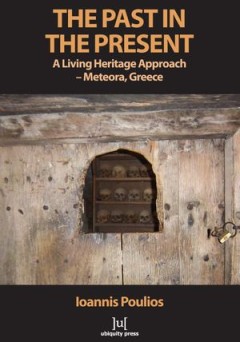
The Past in the Present A Living Heritage Approach - Meteora, Greece
The Past in the Present deals with the complexities in the operation and management of living heritage sites. It presents a new interpretation of such sites based on the concept of continuity, and its evolution to the present. It is demonstrated that the current theoretical framework and practice of conservation, as best epitomised in a values-based approach and the World Heritage concept, is b…
- Edition
- -
- ISBN/ISSN
- 9781909188280
- Collation
- -
- Series Title
- -
- Call Number
- 72-0

Imagining the Future City: London 2062
London is one of the world’s leading cities. It is home to an extraordinary concentration and diversity of people, industries, politics, religions and ideas, and plays an important role in our highly globalised and tightly networked modern world. What does the future hold for London? Investigating any aspect of the city’s future reveals a complex picture of interrelations and dependencies. …
- Edition
- -
- ISBN/ISSN
- 9781909188198
- Collation
- -
- Series Title
- -
- Call Number
- 720
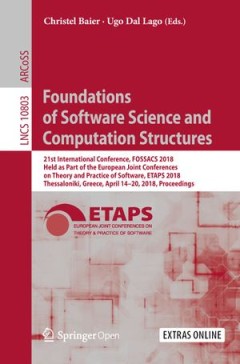
Foundations of Software Science and Computation Structures
This book constitutes the proceedings of the 21st International Conference on Foundations of Software Science and Computational Structures, FOSSACS 2018, which took place in Thessaloniki, Greece, in April 2018, held as part of the European Joint Conference on Theory and Practice of Software, ETAPS 2018.The 31 papers presented in this volume were carefully reviewed and selected from 103 submissi…
- Edition
- -
- ISBN/ISSN
- 9783319893662
- Collation
- -
- Series Title
- -
- Call Number
- -
 Computer Science, Information & General Works
Computer Science, Information & General Works  Philosophy & Psychology
Philosophy & Psychology  Religion
Religion  Social Sciences
Social Sciences  Language
Language  Pure Science
Pure Science  Applied Sciences
Applied Sciences  Art & Recreation
Art & Recreation  Literature
Literature  History & Geography
History & Geography